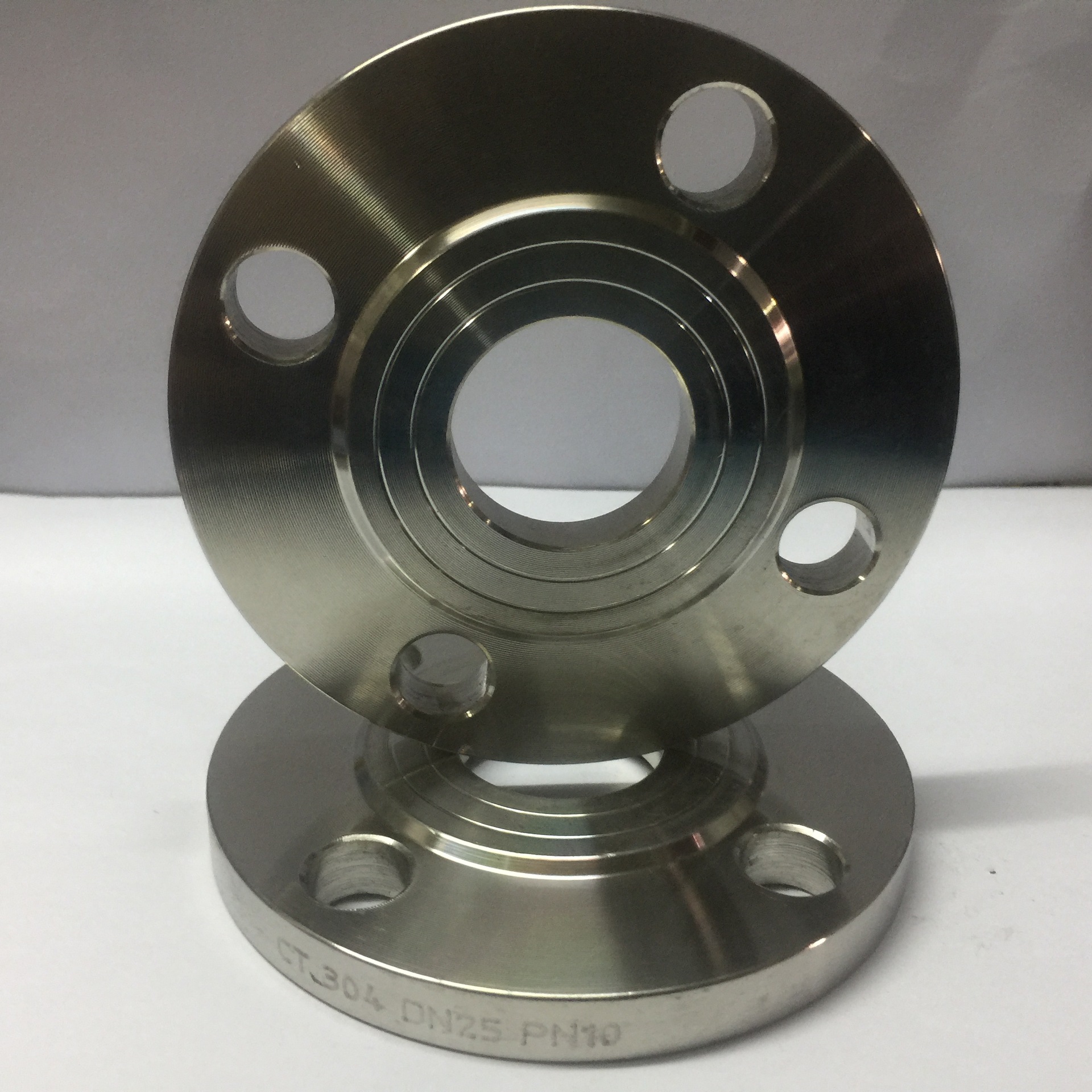Steel Needle Valve Applications and Benefits in Fluid Control Systems
Understanding Steel Needle Valves A Key Component in Fluid Control
Steel needle valves are critical components used in various industrial applications requiring precise control of fluid flow. Unlike standard globe valves, needle valves feature a slender, tapered point that allows for fine adjustments, making them particularly valuable in processes where flow regulation is paramount. Their design and construction in steel add durability and reliability, which are crucial in demanding environments.
Design and Structure
A steel needle valve consists of a few main components the body, the needle, and the seat. The body, typically made of stainless steel or carbon steel, is designed to withstand high pressures and temperatures, making it suitable for various fluids, including gases, oils, and water. The needle itself fits snugly into the seat, providing a seal when closed. This unique geometry allows the operator to adjust the flow rate by controlling the position of the needle—a small turn can lead to significant changes in fluid passage.
The precision with which these valves can control flow makes them ideal for applications such as laboratory experiments, where small changes in pressure can affect outcomes, or in oil and gas operations, where flow rates need to be meticulously monitored and controlled. The ability to finely adjust the flow also enhances their usability in cooling systems and hydraulic applications.
Applications
Steel needle valves are used in a variety of sectors, including chemical processing, water management, and medical equipment. In chemical plants, for instance, they regulate reactant flow rates, ensuring that processes run smoothly and safely. In water systems, they help manage pressure to prevent pipe bursts or system failures. In healthcare, they are often found in syringe pumps and other devices that require precise fluid delivery.
steel needle valve

These valves are particularly favored in high-pressure environments where other types of valves might fail. Their sturdy construction requires less maintenance than plastic or brass alternatives, translating to lower operational costs in the long run.
Advantages
One of the most significant advantages of steel needle valves is their accuracy. The tapered design allows for incremental adjustments, enabling operators to achieve desired flow rates without overshooting. This granular control minimizes waste and enhances process efficiency. Additionally, the steel construction provides high resistance to corrosion and mechanical wear, extending the valve's lifespan compared to non-metallic varieties.
Another advantage is versatility. Steel needle valves can handle not just liquids but also gases, making them suitable for a wide range of applications across different industries. Furthermore, they can come in various sizes and configurations, ensuring compatibility with existing systems.
Conclusion
In summary, steel needle valves play a vital role in effective fluid control across multiple industries. Their precise adjustment capabilities, durability, and versatility make them essential for various applications, from industrial processes to medical devices. As industries continue to prioritize efficiency and reliability, the demand for steel needle valves is likely to grow, reinforcing their importance in modern fluid management systems. By understanding their functionality and benefits, engineers and technicians can make informed decisions about incorporating these valves into their systems, ensuring optimal performance and safety in their operations.
-
3-types-of-check-valves-maintenance-tipsNewsAug.23,2025
-
ball-valves-types-with-trunnion-mounted-designNewsAug.23,2025
-
butterfly-valve-company-production-capabilitiesNewsAug.23,2025
-
fisher-globe-valve-technical-specificationsNewsAug.23,2025
-
types-of-gaskets-for-flanges-selection-guideNewsAug.23,2025
-
wedge-gate-valve-suppliers-quality-standardsNewsAug.23,2025
-
Breakthrough in Domestic Low Temperature Valve Technology in ChinaNewsAug.18,2025




